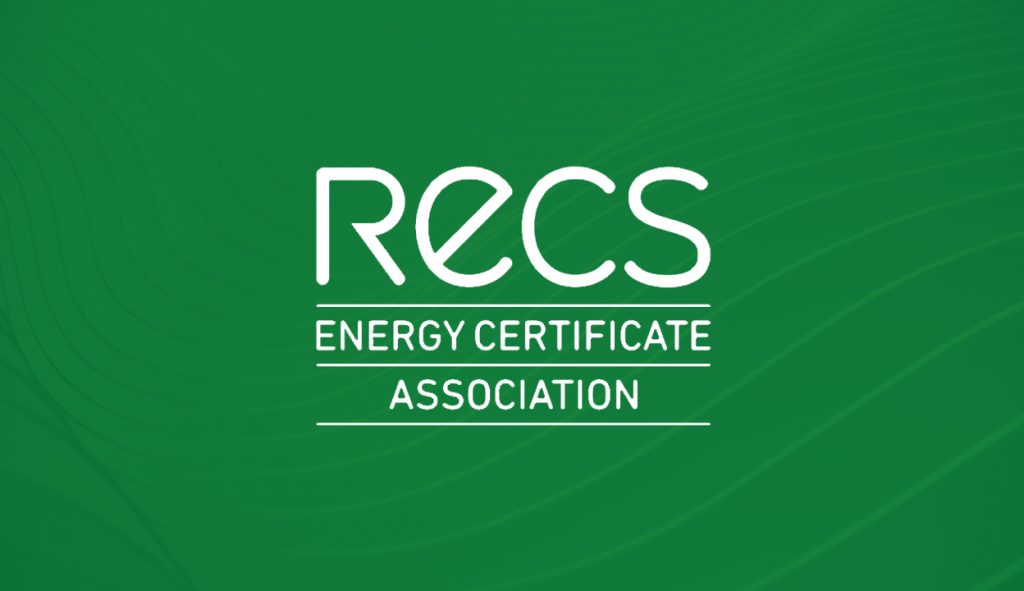The European Commission adopted a delegated regulation on Union methodology for RNFBOs (https://energy.ec.europa.eu/delegated-regulation-union-methodology-rnfbos_en). This secondary legislation sets out what will, and will not count, as ‘Green’ hydrogen in the EU. The initial assessment of RECS, based on stakeholder input, is that the delegated act seeks to respect and uphold the GO system, but that some implementation concerns remain.
The recitals to the act reference the Renewable Energy Directive’s Article 19 on GOs, stating that it should ‘avoid that both the producer of the renewable electricity and the producer of the renewable liquid and gaseous transport fuels of non-biological origin produced from that electricity can receive guarantees of origin by ensuring that the guarantees of origin issued to the producer of renewable electricity are cancelled’.
However, article 4.1 of the delegated act also states that:
Fuel producers may count electricity taken from the grid as fully renewable if the installation producing the renewable liquid and gaseous transport fuel of non-biological origin is located in a bidding zone where the average proportion of renewable electricity exceeded 90% in the previous calendar year and the production of renewable liquid and gaseous transport fuel of non-biological origin does not exceed a maximum number of hours set in relation to the proportion of renewable electricity in the bidding zone.
Article 4.1 does not explicitly mention the need to cancel GOs to prove the consumption of such electricity – despite RECS’ calls to Commission officials for this to be included. The Commission instead insists that double counting of the relevant attributes will not be possible due to Art 19 of the RED-2.
Article 4.2 of the delegated act requires RFNBO producers to have PPAs in place if they wish to claim qualifying grid-transmitted power as renewable. However, no mention is made of unbundled GOs. A power purchase agreement is not defined within the delegated act and RECS understands from Commission spokespeople that all energy purchases backed by GOs that demonstrate the required volume of renewable attributes would count. However, this is again not explicit within the delegated act.
There are four major areas of interest in the criteria set for RFNBO production to qualify as such under the delegated act:
- Additionality (Article 5): By 2028, hydrogen producers must prove that their electrolysers are connected to renewable energy installations no older than 36 months and the RES installation hasn’t received state aid – except if received before its repowering. There are some important exemptions and qualifications to this rule, however, including a grandfathering clause and exemption for production that “is located in a bidding zone where the emission intensity of electricity is lower than 18 gCO2eq/MJ” i.e., less than 65 gCO2/Kwh.
- Temporal Correlation (Article 6): Until the end of 2029, the correlation is set on a monthly basis. From 2030 onwards, hydrogen production must be matched to RES generation on an hourly basis. Member States may also apply hourly matching as of July 2027.
- Geographical Correlation (Article 7): The renewable energy installation and the relevant electrolyser shall be located in the same bidding zone; or interconnected bidding zones, if day-ahead market price is equal or higher; or an offshore bidding zone interconnected with the bidding zone of the electrolyser.
- Imports: (Article 9): The criteria imposed on European RFNBO (hydrogen) producers will apply equally to hydrogen imported from abroad.
NEXT STEPS: The usual procedure for delegated acts is that they go through a two-month scrutiny period in the European Parliament and Council. During that time, either institution can object the text. The RECS Secretariat will also scrutinise this text in more detail in the coming days, and will seek to engage with MEPs and permanent representations to ensure our views are clearly communicated.
If any RECS member would like to share their views with the Secretariat on this matter, please contact Secretary-General Adam White at a.white@recs.org.

